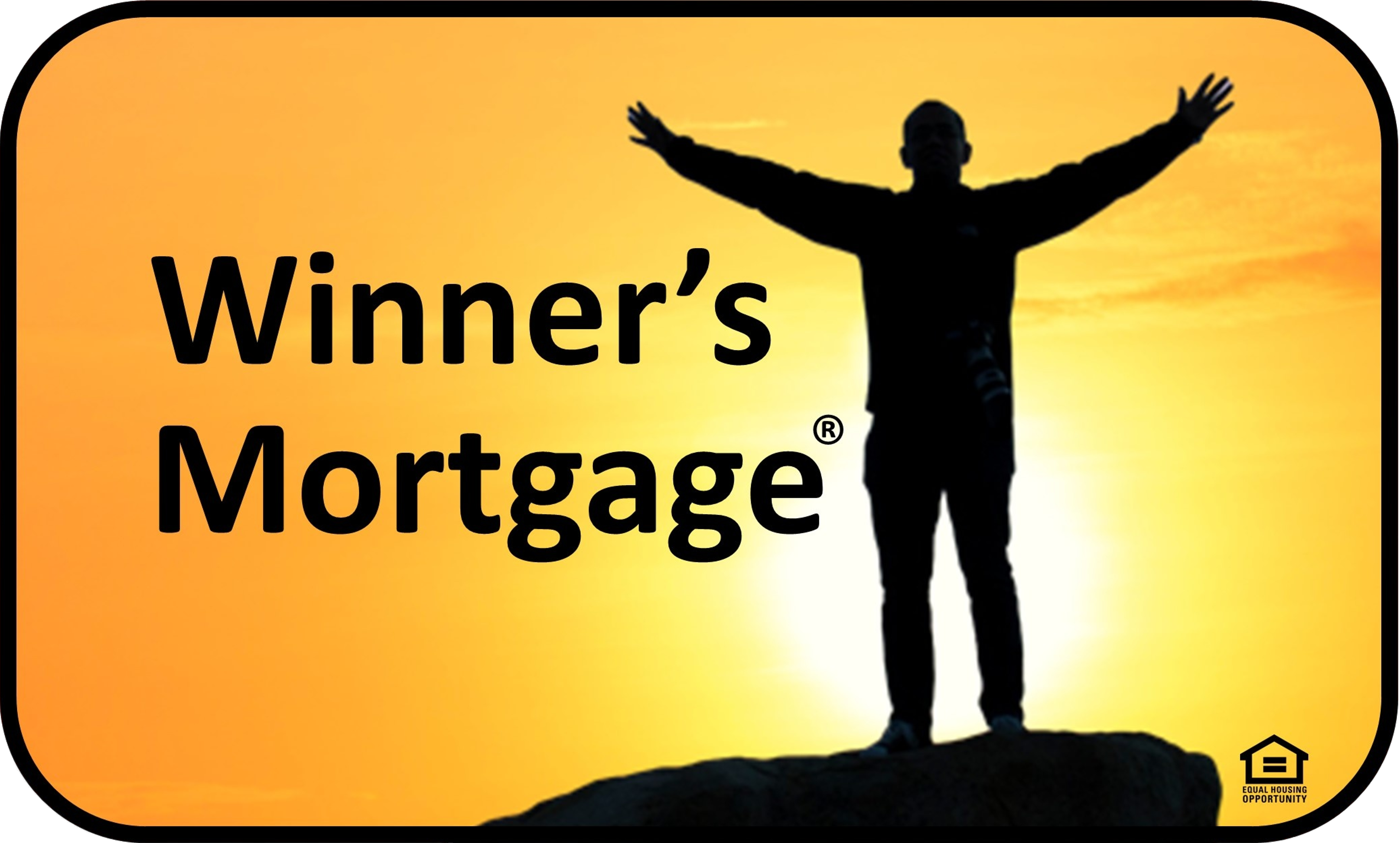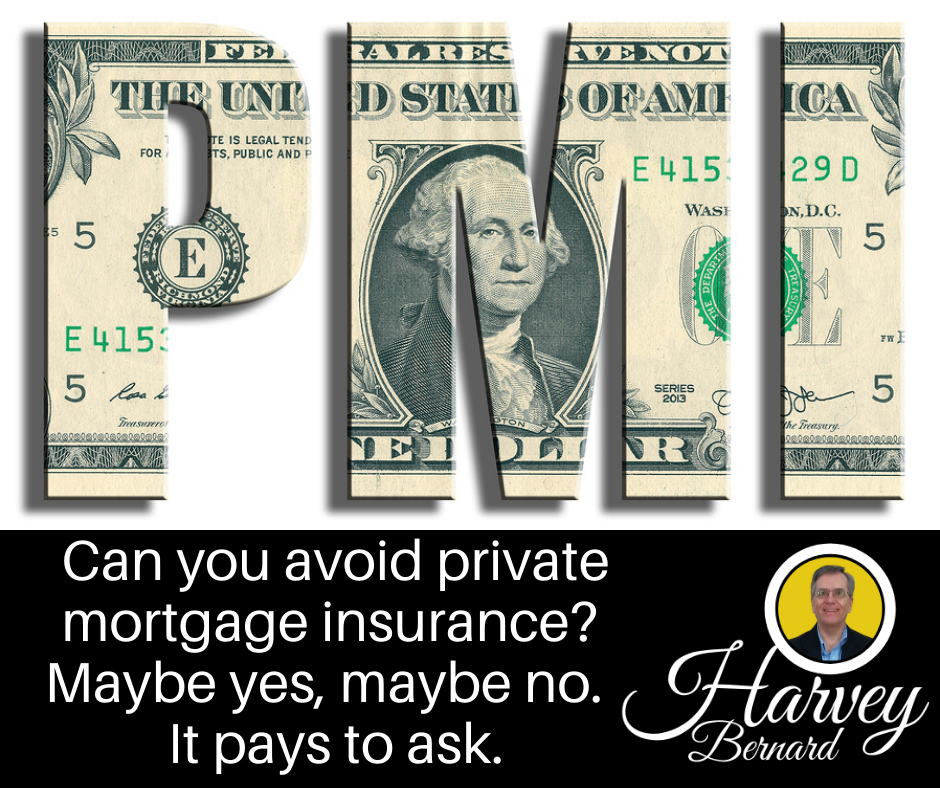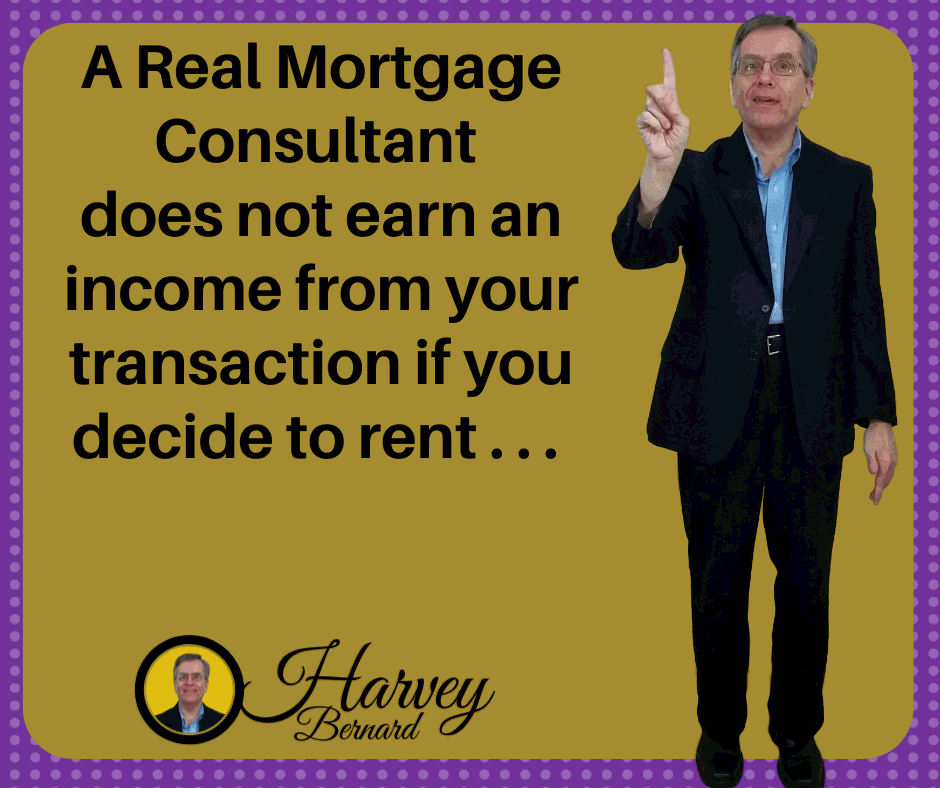People who have very little money for a down payment.

What if you want to buy your next home but you don’t have a 20% down payment?
The tradition has been 20% down
More and more people who want to own their own home find it a problem. It is harder and harder for them to come up with the traditionally required down payment of 20%.
The down payment is the largest barrier stopping many people from owning their own home. This is what a study prepared for Country Financial found.
A down payment of 20% has been such a standard for so long. Many people do not realize that it is possible to buy a home with less than a 20% down payment.
In fact, it can be possible to borrow the full purchase price on the mortgage. Two loan programs allow zero down payment. Others allow low down payments. This means less cash required at closing.
Many more Americans are using the opportunity to buy their next home with as little as zero down.
But, if this is not handled correctly it means many people never become free. They miss out on the freedom they could have. They end up in bondage to loan payments their whole lives. This could be freedom from all loan payments. That can lead to freedom from their jobs and freedom to do what they want.
The Country Financial study proves this. It reports a huge number of people are still paying on their mortgages well into their 40s, 50s, and 60s.
Why does this situation exist?
Homeownership is still a goal of so many people, and it’s an admirable goal.
The problem is people find it difficult to accumulate the down payment.
What can be done?
How can you accumulate more cash to buy your next home?
Of course, the more money you can accumulate, the better for you.
So, the goal is to have as much money available as possible. You need cash available for emergencies. You will also have unexpected expenses of owning your own home. If this requires a smaller down payment, it is better to keep more cash available.
Here are three ideas. No doubt you can think of more.
Add a second income.
Can you get a part-time job? Or one of the many possibilities to work from home?
This second income won’t help reduce your debt-to-income ratio with the lender. You need to prove a continuous two-year history of earning the income for it to help there.
But where you really need the benefit of the second income, it can help.
Use this second income to pay down debt (that will reduce your debt-to-income ratio).
Then, when that debt is paid off, stash that money away in savings to prepare for owning your next home. This is the additional benefit once the debt is paid. You can start saving that payment for yourself instead of giving it to the lender.
It is not an overnight solution. The time can pass quickly, and you’ll be making great progress toward your homeownership goal.
Reduce your expenses.
Look carefully at all aspects of your spending. How can you make reductions?
Think about the trade-off. How can you reduce your expenses? This leads to the huge blessing you will receive to be able to own your home.
There can be so many possibilities. Giving up that expensive coffee every morning. Making your own meals instead of eating out. Giving up cable or satellite television. You get the idea.
If owning your home is important enough, it can be a real motivator to make the necessary adjustments.
Sell what you can.
Look around for anything you can get along without that has monetary value. Then sell it. Two good options these days are selling on Craig’s List or Facebook.
The more you can accumulate, even if it’s a little bit at a time, the better for your goal of homeownership.
How can you add to your down payment with gift funds?
Family members or close friends can provide a gift toward your down payment.
It is best if they give the gift early enough. If possible, do it three months or more in advance. Then you will not even need to document the source of the funds for the lender.
If they wait to give the gift until two months in advance, it can be used, but it requires more documentation. You will need to follow extra steps to document the source of the money. Lenders ask for the most recent one or two months of bank statements to prove how much cash you have. When the lender sees a large deposit on your bank statement, they will want to see a paper trail. This trail shows who gave the money, how and when they gave it, and that you are not required to pay it back.
So, if you plan to accept a gift, it is smart to receive the gift early to avoid that extra step. Be sure to check with your tax advisor to work within tax laws about gifts.
Certain government programs can also provide down payment gifts in the right circumstances.
Check with your fully-trained Real Mortgage Consultant at Winner’s Mortgage for more information. You deserve cold, hard facts. You will learn how to make this work for you if it’s possible.
Here is a good sequence to investigate your low down payment options
For your best options to buy your next home with a low down payment, this is a great sequence to go through.
#1 – Start early with your Real Mortgage Consultant at Winner’s Mortgage
This is the absolute best first step. Get your professional Real Mortgage Consultant working for you from the very beginning. Don’t settle for less!
That allows plenty of time to plan your strategy. Together, you can work through any possible problems with your situation. You will know early all options available for you.
Get started here and jump-start your home buying success.
If for some reason you want to check the options on your own, look into these ideas in this order.
#2 – Do you qualify for a VA loan?
Have you or a family member been an active duty service member? You can be eligible for a VA loan, backed by the Department of Veteran Affairs.
A VA loan allows you to buy a home with no down payment and very few closing costs. It does not even require monthly mortgage insurance, only a Guarantee Fee at closing.
#3 – Could a USDA loan work for you?
USDA loans are the one other available option for no down payment.
To qualify for a USDA loan, also known as a rural development loan, the property must be in a rural area. Many suburban areas will qualify, so it’s worth checking the specific address to be sure.
A USDA loan does come with maximum loan limits and maximum income requirements. It’s best to check with your experienced Real Mortgage Consultant on what may work for your specific situation. Get the plain and honest truth.
#4 – Look into conventional loan programs with a 3% down payment
Fannie Mae and Freddie Mac are government-sponsored entities that buy and sell mortgages. They offer options with 3% down payment programs for borrowers with good credit. Flexible gift options are available to help.
Credit scores could go as low as 660 to 620, and no credit score with a non-traditional credit report can be an option. Check with your accomplished Real Mortgage Consultant for current guidelines to be sure. Be in control ofyour application.
Private mortgage insurance is required.
#5 – Consider an FHA loan
The Federal Housing Administration sponsors the FHA guaranteed loan. FHA makes homeownership available to more people at a lower 3.5% minimum down payment.
Flexible down payment options are available. They allow you to come up with the down payment from gift sources or qualified agencies.
FHA loans also allow more flexibility in your credit history. Where your credit may not qualify for other programs, it could allow for an FHA loan.
FHA adds an upfront Mortgage Insurance Premium. This can be included in the loan amount. An FHA loan also charges a monthly mortgage insurance premium, so that can add some to the monthly cost.
It is still a good option to consider, especially when other choices may not work.
#6 – Ask the seller to pay closing costs
It may be possible to request that the seller pay at least a portion of your closing costs. This depends on the existing real estate market and the competition for houses.
One strategy is to increase the offer price. This effectively puts the closing costs into the loan balance. Otherwise, this would not be an option.
In some hot real estate markets, this option may not be as workable or effective.
Check with your recognized Real Mortgage Consultant. Together, with your real estate agent, the three of you will work together. Your dependable Real Mortgage Consultant can even recommend a great agent for you. This is your team to coordinate this strategy.
#7 – See what homebuyer assistance programs might be available
Various government and non-profit agencies offer resources. Depending on the situation, they can often help you get funds toward a down payment.
Your best choice is to let your field-proven Real Mortgage Consultant help you. Together you will discover the programs that might be available in your situation. You expect the best. We demand it!
#8 – Do a piggyback loan
Perhaps you don’t have the funds to do the historically standard 20% down payment. But you do have around 10%, so an 80/10/10 loan might be a good choice for you.
This is actually two loans. It is the first mortgage at an 80% loan-to-value. Along with that, add a second mortgage at 10% of the home’s value. Then you pay 10% as a down payment. It’s called a “piggyback” because the second mortgage rides along with the first mortgage.
The second mortgage can be a fixed-rate loan with a fixed payment. It is often amortized over 30 years with the balance of the loan due in 15 years. It can also be a Home Equity Line of Credit (HELOC), an adjustable-rate loan with a flexible balance.
This option does generally require a higher than average credit score. It avoids your need to pay a monthly mortgage insurance premium. You often get the best pricing available.
#9 – This may be your best choice right now
Carefully consider that this might not be your best time to buy a home. You may be much better off right now to take more time now. Prepare yourself now to be in a much stronger position so you can buy later.
See our page on First Time Home Buyers for more information on what you may want to consider.
It’s always good to consult your credible Real Mortgage Consultant now. Even if you think it would be better for you to take some time to prepare. That is a great strategy. Put yourself in a stronger position to buy months or even years later.
A Real Mortgage Consultant’s first priority is to do what is best for you with his knowledge and expertise in the industry. He or she will be happy to work with you over the long-term. That prepares you to be in the strongest possible position to buy.
See here what you get from a fully-trained Real Mortgage Consultant. Discover the advantages of a Real Mortgage Consultant and get the job done. Also, see what a typical run-of-the-mill loan officer is not willing to do for you.
Advantages and disadvantages of low or zero down payment options
Low and zero down payment home financing comes with factors to consider both ways.
The advantages
Start sooner. You don’t have to wait to own your own home until you can save more money. You get the benefits of homeownership earlier. It may give you the opportunity to take advantage of a dip in prices.
Build equity earlier. Real estate values generally go up over time. When you buy sooner you get to benefit from the increased value earlier. One important caution here. Real estate does have periods of declining value, although those times tend to be limited.
Buying is more possible. Not needing as much money upfront means that it can be easier to buy your own home.
More cash for closing. Using less cash for a down payment means that you will have more cash available. This cash can cover the closing costs and prepaid expenses.
Keep more cash available. A low or zero down payment loan allows you to keep more cash on hand. This is important to cover unexpected emergencies or costs of owning a home.
Good for well-qualified borrowers. You could be otherwise well-qualified to buy a home. All that’s missing is that you simply haven’t saved enough cash yet. Except for cash, you are in a stronger position to go ahead, so this may be a good choice for you.
You plan to stay in the home for a while. If you have plans to stay in the home for at least a few years, this can be a good option for you. Otherwise, you might be better off continuing to rent.
The disadvantages
Higher costs. You will likely need to pay mortgage insurance and possibly an upfront insurance fee as well. Also, some of your closing costs that are a percentage of the loan amount will also be higher. This happens because you borrow more money with a lower down payment,
Possibly higher interest rate. The interest rate and your payment might be higher for a low or no down payment loan. It depends on the loan program and the mortgage market.
Little or no equity. This means you have little room to maneuver. This can especially be a problem if you have a negative change in your financial situation. Also, if you need to sell quickly, or if there is a downturn in the economy, little or no equity affects you. It can be a risky position to be in.
Longer to pay off. You will most likely need more time to pay off this loan. This means that the extra time will cost you a lot more in interest.
Not able to save money. If you don’t see yourself in a position to save money soon, it will not be easy. You will be in a dangerous position to take on the added responsibility of owning a home. It could well be a disaster waiting to happen. It’s probably better that you keep renting until you can save money.
What about mortgage insurance?
Mortgage insurance has a bad reputation, and it’s true, it is best to avoid mortgage insurance when you can.
Mortgage insurance is an added cost on top of your mortgage payment. And on some loan programs, you may also have a flat upfront fee.
The purpose of mortgage insurance is to protect the lender. If you don’t make the payments and they need to foreclose it helps recover their loss. Generally, lenders can recover 80% of the value of the property. They require you to pay insurance to cover them for the rest. The more money you borrow over 80% of the property’s value, the higher the insurance premium. The loan then becomes riskier.
Mortgage insurance allows you to buy a home when you otherwise could not. The alternative is that you would need to wait years to save up enough money.
So in that sense, mortgage insurance is a good thing for you. That is, as long as it otherwise makes sense for you to purchase a home with a low down payment
Most loan programs will offer options to remove mortgage insurance. As you work to make your payments, the loan balance decreases. In most markets, the property value also increases. This moves the balance of your loan closer to that 80% loan to value point.
Removal options vary among lenders and loan programs. It is best to check on their requirements.
To remove mortgage insurance, may be necessary for you to pay a fee. This fee is to determine if the value has increased enough. If it has and your loan balance is low enough, then mortgage insurance can be removed.
If you’re relatively confident this is the case, then it is a pretty easy decision to proceed with the process. Even with a fee to remove the insurance the payback time to recover that fee can be short. That can be as little as 1-3 months, certainly worth it.
Don’t think of mortgage insurance as an always bad thing. It’s better to avoid it when possible, but it can be an advantage for you in certain circumstances.
As with all mortgage decisions, your best option is to work with a Real Mortgage Consultant. Don’t settle for less! He or she is truly looking out for your best interest to help you think through this decision.
Factors to consider in choosing a loan program
Low and zero down payment programs have various restrictions built into them. This means that not every program will be appropriate for every person or situation.
Here are some of the considerations that may affect your choice of loan program.
Credit score
Higher credit scores will be necessary for some loan programs. This includes the Fannie Mae or Freddie Mac Conventional 3% down programs, also the piggyback 80/10/10.
Lower credit scores can work for VA, FHA, and USDA.
Income limits
USDA loan programs are available only to moderate or low-income customers.
Loan limits
Some loan programs limit how much you can borrow. This limit will vary depending on the geographic location.
These programs include USDA and FHA. The Conventional 3% down programs have the same loan limit as conventional programs.
VA may have a limit on the amount they will guarantee, although there is not a limit on the actual loan amount. Check with your leading Real Mortgage Consultant on how to make this work.
Cash to close
Cash to close is the amount of cash you will need when you sign the loan paperwork. This is when you can take possession of your new home.
It consists of three parts. Add these three parts together and they will equal the total cash you need to have when you close.
Down payment
The down payment is the amount you actually pay toward the equity in your home. The low and zero down payment programs are designed to limit your down payment. This down payment can be offset. This includes potential gifts from family, close friends, or government and non-profit entities. What works in each situation depends on the circumstances.
Closing costs
Here is a quick summary of closing costs that you can expect on your loan. These are all normal and typical fees.
Closing costs can potentially be offset by the seller paying some or all of the costs. It depends on the loan program and specific circumstances.
Origination fee. This pays your experienced Real Mortgage Consultant and Winner’s Mortgage for their work. They act in your best interest to set up your loan. The origination fee is generally the same regardless of who you work with. With a Real Mortgage Consultant, with a proven track record, you get so much more for the same fee, see more here and here.
Application fee. This covers the cost of processing your loan application.
Discount points. This only applies if you pay extra to reduce your interest rate. Usually, it is not worth it, sometimes it is. Let your Real Mortgage Consultant help you determine what makes sense for you. Be in control of your mortgage.
Third-party fees. These include fees such as the appraisal … title report … title insurance … credit report … flood certification … survey … and other necessary fees. These are required to process and close your financing. These fees all go to third parties who assist in the transaction.
Underwriting fee. This goes to the lender. It pays them to review your loan application and make a decision about approving it.
Document preparation fee. When your loan is approved and ready to close, the lender needs to prepare your stack of loan documents. This is their fee to create the documents.
Prepaid expenses
These are expenses that you will normally have. They are part of owning your home. They are pro-rated at the beginning of the loan to get you everything set up in advance.
Homeowner’s insurance. You will pre-pay your insurance for the first year. You will do this either directly to the insurance company before closing or at closing. Two additional months will be charged at closing. This provides an advance payment two months ahead for the second year. Then your homeowner’s insurance will be collected one month at a time. This happens through your escrow payment.
Property taxes. Property taxes are normally due to be paid twice a year. The title company will calculate the correct number of months to collect at the closing. When the next payment comes due, they will have the correct amount pre-paid to make that payment. Then, your ongoing escrow payment collects one month at a time. This goes into your escrow account. Your lender uses this to pay the taxes when due.
Prepaid interest. Each month, your payment covers the interest first. This is the interest that has accumulated on that loan the previous month. The balance of that payment pays down the principal. Prepaid interest is also collected at the closing. It covers the interest that will accumulate from the date of closing to the first day of the next month.
Consider whether owning your own home is right for you now
It’s great to own your own home. When you do it under the right circumstances and you are well-positioned for it, it can be a great blessing to you.
Consider these factors. Let your authentic Real Mortgage Consultant help you with your decision, and decide what is best for you.
If you decide that you are better off now to keep renting, that’s a great decision. Give yourself time to prepare for future homeownership. Then let your Real Mortgage Consultant work with you during that time to help you get ready. Don’t gamble! Bet on a winner.
And if you decide that you are ready to own your own home now, your Real Mortgage Consultant is the best choice now. The choice is as clear as crystal.








